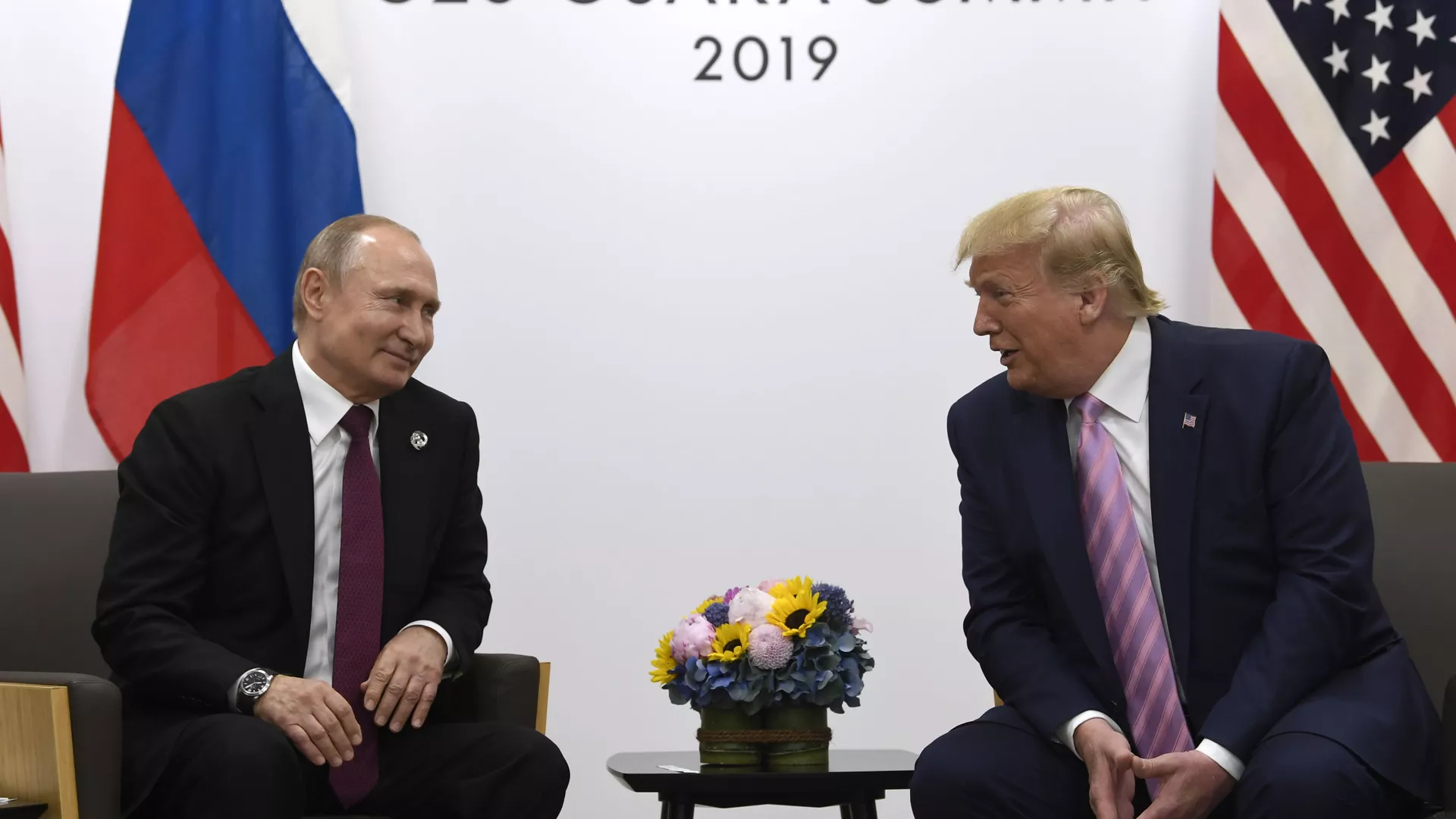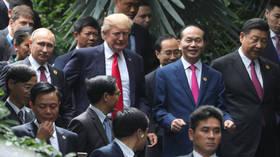
On Friday last week, the Supreme Court refused to pass interim orders to halt deportation of Rohingyas from India and called a writ petition alleging forcible deportation of 43 Rohingyas, including elderly, women and children to Myanmar by throwing them into international waters as a “beautifully crafted story”. Such incredulity expressed by the apex court not only makes little sense when evidence of a prima facie case exists, but is also unreasonable and deeply unconstitutional.
When Senior Advocate Colin Gonsalves, appearing for the petitioners, opted to present reports, photographs and tape recordings from Myanmar, the Supreme court noted that “foreign reports cannot override Indian sovereignty.” In another plea by a Sri Lankan Tamil seeking asylum in India, the Court observed that India is not a “dharmashala” that has to put up all the refugees in the world.
Though India is not signatory to the 1951 UN Refugee Convention, the principle of non-refoulement which is part of customary international law, has been judicially recognized in cases such as Ktaer Abbas Habib Al Qutaifi And Anr. vs Union Of India. The right to settle in India is only provided to citizens, and any constitutional right accorded to foreigners is limited to Article 21.
The petitioners have claimed that a number of refugees detained by the Delhi Police under the pretext of biometric testing were subsequently flown to Port Blair. They were eventually transported to international waters and stranded there with life jackets, forced to swim to the Myanmore shore. Two images have featured alleged physical mistreatment by the Delhi Police.
The standard of proving beyond a reasonable doubt is essentially reserved for criminal trials. The mere fact that the origin of prima facie evidence is ‘foreign’ is not a reasonable ground for blanket denial of the cause. The constitution does not impute legality of evidence originating outside the country and to disregard material solely on such ground does not render any compliance. Rather it reflects the Court’s evasion of duty to assess relevant information, shrouded in the veil of security. In the post-truth era, selective treatment of some facts as gospel and others as baseless fabrication cannot come at the cost of testing the veracity of these claims.
The question of a refugee’s right to settle and residence in India and the other of forcibly risking their lives – such as tying them up and throwing elderly and children into the waters with only life jackets for support are two distinct areas of constitutional inquiry and do not overlap. Granting permanent status as Indian citizens to the refugees solely on grounds of persecution could possibly downplay the role played by persecutor states and is part of a larger discourse on humanitarian and immigration concerns. On a similar note, the alleged forcible deportation of Rohingyas crosses the line of lawful state action and is a flagrant disregard to protections imbued in Article 21 of the constitution. The fact that Rohingyas are a stateless population and extensive reporting of arbitrary treatment in detention camps exists, imparts considerable gravity to this issue.
A chance opportunity is also bestowed upon the Apex court to scrutinize India’s undefined refugee policy and inconsistent legal rulings on the same. Some studies have cited that India is host to more than 200, 000 refugees not bound by any domestic refugee policy or international safeguards. India has been a generous home to refugees and asylum seekers historically, but the absence of any formal framework has often allowed the state to deal with them in an ad-hoc manner.
Refugee International has found evidence of severe mental health and physical ailments suffered by Rohingya refugees in detention camps that have no relief and lack proper sanitation and ventilation. There looms a constant threat of arbitrary arrest on the Rohingyas in spite of them holding UNHCR cards. Thousands of undocumented Rohingya refugees stay in detention camps and slums across Jammu, Hyderabad and Delhi. Prior to their escape from Myanmar, they were subjected to military campaigns of rape, massacre and restrictions on marriage, employment and freedom of movement. Till date no one has been held accountable for ethnic cleansing and these gross human rights violations.
The mass expulsion and crackdown on the Rohingyas by Myanmar has been cited by the UN as a “textbook example of ethnic cleansing.”
The fallout of authoritarianism in 2011 did not pave the way for democracy to take root in Myanmar. The military continues to retain control through genocidal violence, severe socio-political repression and perpetuation of poverty.
In 2017, the Government of Myanmar under the pretext of eliminating a terrorist organisation called the Arakan Rohingya Salvation Army (ARSA) from Rakhine, unleashed brutal military attacks forcing thousands of Rohingyas to leave Myanmar.
Gambia has alleged Myanmar of violating the Genocide Convention in the International Court of Justice. Last year the Court found interventions in Myanmar admissible within Article 63 of the Court’s Statute.
The Union Ministry of Home Affairs has set a deadline of 30 days to identify illegal immigrants of Bangladesh and Myanmar to States and UTs following which to initiate their deportation. In light of this order, it needs to be reiterated that state protocol must respect due process and protection of life and liberty. The most the Court could do is not add insult to the injury of a victimized population by dismissing concerns without a firm legal footing.
*
Click the share button below to email/forward this article. Follow us on Instagram and X and subscribe to our Telegram Channel. Feel free to repost Global Research articles with proper attribution.
Taniya Basu is a writer and a third-year student of B.A. LLB at the West Bengal National University of Juridical Sciences. She writes through the intersection of power structures in society and rights. Her curiosity lies in legal journalism as a means to promote accountability and empowerment for the ones most frequently left behind.
Global Research is a reader-funded media. We do not accept any funding from corporations or governments. Help us stay afloat. Click the image below to make a one-time or recurring donation.
Counter Information publish all articles following the Creative Commons rule creative commons. If you don't want your article to appear in this blog email me and I will remove it asap.









































No comments:
Post a Comment